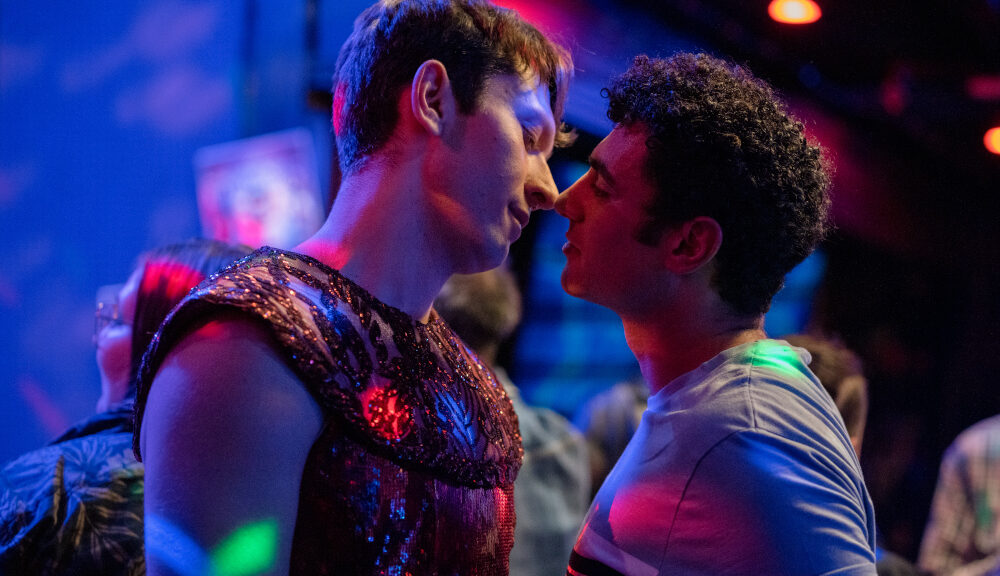Queen Tut
by Eva Fraser
Raw and full of representation, Queen Tut is a heartwarming film that makes you feel. Directed by Reem Morsi, it centers on Nabil (Ryan Ali), a young man from Egypt who moves to Toronto. After his chance encounter with Malibu (Alexandra Billings) outside her club, a safe haven for the LGBTQIA+ community, Nabil begins a journey to find where he truly belongs, realizing his true self through drag.
Comfortable being itself, this film feels real. It doesn’t try to perfect life; it is unfiltered in the best way possible. The effortless intricacies present in the lead performances,— the awkward pauses and subsequent misunderstandings, and the gentle moments in between— fully immerse the audience in the story of a queer community fighting for their rights and fully realizing them at the same time.
Additionally, the makeup and costumes for characters both in and out of drag feel instinctually right, mimicking life in a way that doesn’t seek perfection and instead embraces the quirks that make us human.
The use of color creates a visual aid: Nabil’s home is filled with neutral tones and grays, while Malibu’s club is teeming with vibrancy. Fabric also plays a central role in Nabil’s character development, and the film takes such care to make every scrap special and charged with meaning— whether through flashbacks or a simple close-up of shimmering sequins in Nabil’s hands, the audience can feel the significance. Through simple yet effective devices, QueenTut lets us develop a strong sense of empathy for the narratives of many characters.
Religion heavily features in the film, looming in the background as a ceaseless pressure in Nabil’s life. Although overbearing in certain settings, it is also a key to Nabil’s growth and acceptance of himself. Queen Tut shows us that religion doesn’t have to be interpreted in one way— it can be whatever best serves us.
One aspect of the film that did not quite click was the pacing. At points, time felt unclear and disorienting. This doesn’t detract from the viewing experience too much. Time can be tricky in life, ebbing and flowing with different emotions and situations, and Queen Tut, although perhaps not intentionally, acknowledges it.
All aspects of the film contribute to the central idea of community as a family that you choose— one that is accepting and grounded in the face of change. This film welcomes the audience into its family, leaving viewers with a sense of hope and self-acceptance.

